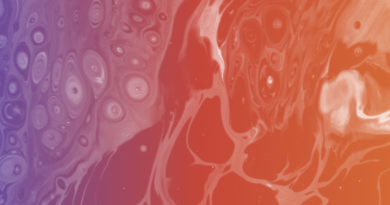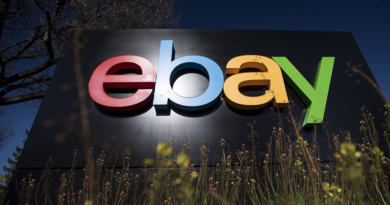Generative AI and copyright law: What’s the future for IP?
In a guidance document recently released by the U.S. Copyright Office, the agency attempts to clarify its stance on AI-generated works and their eligibility for copyright protection.
The guidance emphasizes the importance of human authorship and outlines how the office evaluates works containing AI-generated content to determine whether the AI contributions are the result of “mechanical reproduction” or an author’s “own original mental conception.”
The Copyright Office will not register works whose traditional elements of authorship are produced solely by a machine, such as when an AI technology receives a prompt from a human and generates complex written, visual or musical works in response. According to the Office, in these cases, the AI technology, rather than the human user, determines the expressive elements of the work, making the generated material ineligible for copyright protection.
However, a work containing AI-generated material may still be eligible for copyright protection if it also contains sufficient human authorship. Examples include a human selecting or arranging AI-generated content in a creative way or an artist modifying AI-generated material to the extent that the modifications meet the standard for copyright protection. In these cases, copyright protection only applies to the human-authored aspects of the work.
We are seeing the emergence of competing interests come to light between authors, AI companies and the general public.
The guidance also outlines the responsibilities of copyright applicants to disclose the use of AI-generated content in their works, providing instructions on submitting applications for works containing AI-generated material and advising on correcting a previously submitted or pending application. The Copyright Office emphasizes the need for accurate information regarding AI-generated content in submitted works and the potential consequences of failing to provide such information.
In light of the Office’s guidance, AI companies are updating their policies. OpenAI’s Terms of Use grant users “all right, title and interest in and to Output,” which it defines as content “generated and returned by the Services based on the [user] Input.” However, OpenAI restricts its users from “represent[ing] that output from the Services was human-generated when it is not,” suggesting that ChatGPT’s users must comply with the Copyright Office’s requirement of honest disclosure of AI use.




